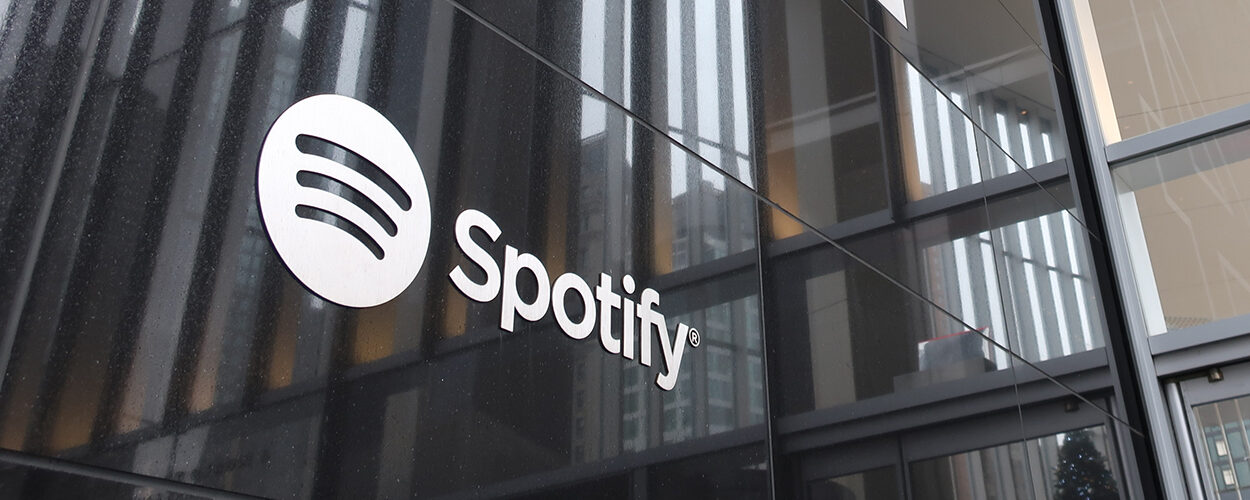This website uses cookies so that we can provide you with the best user experience possible. Cookie information is stored in your browser and performs functions such as recognising you when you return to our website and helping our team to understand which sections of the website you find most interesting and useful.
Business News Digital Legal Live Business
Spotify’s unofficial activity at 2022 Essence Festival was “intentional exploitation of black culture”, says lawsuit
By Chris Cooke | Published on Tuesday 4 July 2023

Organisers of the Essence Festival in New Orleans have sued Spotify, accusing the streaming firm of “intentional exploitation of black culture” and some good old intellectual property infringement.
The annual event staged by Essence magazine – which takes place over the Fourth Of July weekend – is billed as “the nation’s largest annual gathering of African-American musical talent featuring an unprecedented weekend of cultural celebrations, the Essence Empowerment Seminars and nightly musical performances”.
Back in 2019, Spotify had an official presence at the event by operating what it called The House Of Are & Be. Named after the streaming firm’s Are & Be playlist, Spotify described the venue it ran alongside the festival as “a multi-storied tribute to black women in R&B and podcasts that includes an art gallery showcasing musicians and podcasters, recording studio, and performance space”.
Spotify repeated all that at the 2022 edition of the Essence Festival but, it seems, unlike in 2019, that time The House Of Are & Be was not run as part of an official partnership with the festival itself. However, festival organisers argue, it was very much presented as if there was an official alliance, like in 2019, which means Spotify was benefiting from the festival’s brand without paying for the privilege.
According to The Guardian, in their lawsuit, the festival’s organisers claim that – when Spotify worked with the Essence Festival in 2019 – the plan was for that to lead to a longer-term partnership between the streaming firm and the event. However, then the COVID-19 pandemic forced the cancellation of the festival’s 2020 edition, and talks about that longer-term alliance didn’t proceed.
By running The House Of Are & Be alongside Essence Festival in 2022 and incorrectly implying official involvement in the event, the streaming firm – says the lawsuit – caused “brand dilution, brand confusion, damage to business reputation and loss of business opportunity”.
Not only that, but legal rep James Williams goes further, stating: “The unsanctioned Spotify … action … is yet another example of the historic, intentional exploitation of black culture, black [intellectual property], black creators, black businesses and black equity”.
“We must protect and celebrate those companies that collaborate with our businesses to create and return value in our communities”, he goes on, “and defend our rights and value against those that chose to exploit our businesses and community”.





